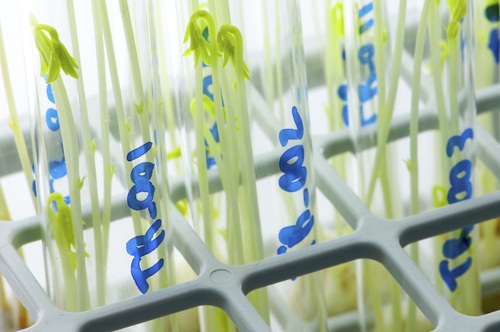The European Commission is preparing a decision to refer Poland to the Court of Justice of the European Union for the lack of implementation of Directive 2001/18/EC that concerns deliberate release of genetically modified organisms (GMOs).

The protection of human health and the environment requires that due attention be given to controlling risks from the deliberate release of genetically modified organisms (GMOs). The EU has consequently adopted a legislative framework on the deliberate release of GMOs into the environment and the placing of GMOs on the market in accordance with the precautionary principle. This framework aims to improve the efficiency and transparency of the authorisation procedures. It also contributes to the establishment of a common methodology for risk assessment and a safety mechanism.
The Commission considers that Poland has failed to meet the Directive’s requirements to take any measures to limit possible risk to human health and the environment, which might arise from GMO cultivation. Poland does not comply to or fufill the obligation to monitor and control GMOs which have been cultivated. Contrary to the European Union law, the Government of Poland does not require commercial GMO farms to:
– Register GMO cultivation
– Inform the land owner of GMO cultivation, in case of leasehold
– Create buffer zones
– Inform neighbours of GMO cultivation
– Take precautionary measures by separating GMO seeds from conventional seeds
– Meet other conditions for coexistence with conventional crops.
An official complaint was sent to European Commission by Polish Institute of Citizens Affairs “INSPRO” in 2010. In addition, the Polish Supreme Audit Chamber Report of 2008 stated that Poland is violating this EU Directive. There is also lack of any data on the presence of GMOs in the environment and in home trade, which according to the Chamber prevents Poland from controlling GMOs being released to the environment.
The situation of Poland will make the authorities unable to control GM crops anytime in the future because these crops have not been registered and are widely traded without labeling, so the farmers often are unaware that they cultivate GMOs. If GMO cultivation gets out of control, in a few years time European Union can face a situation in which certain foodstuffs will contain illegal GMO presence (especially honey and organic produce), and that would mean closing foreign markets for Polish food.
Source: The European Commission




